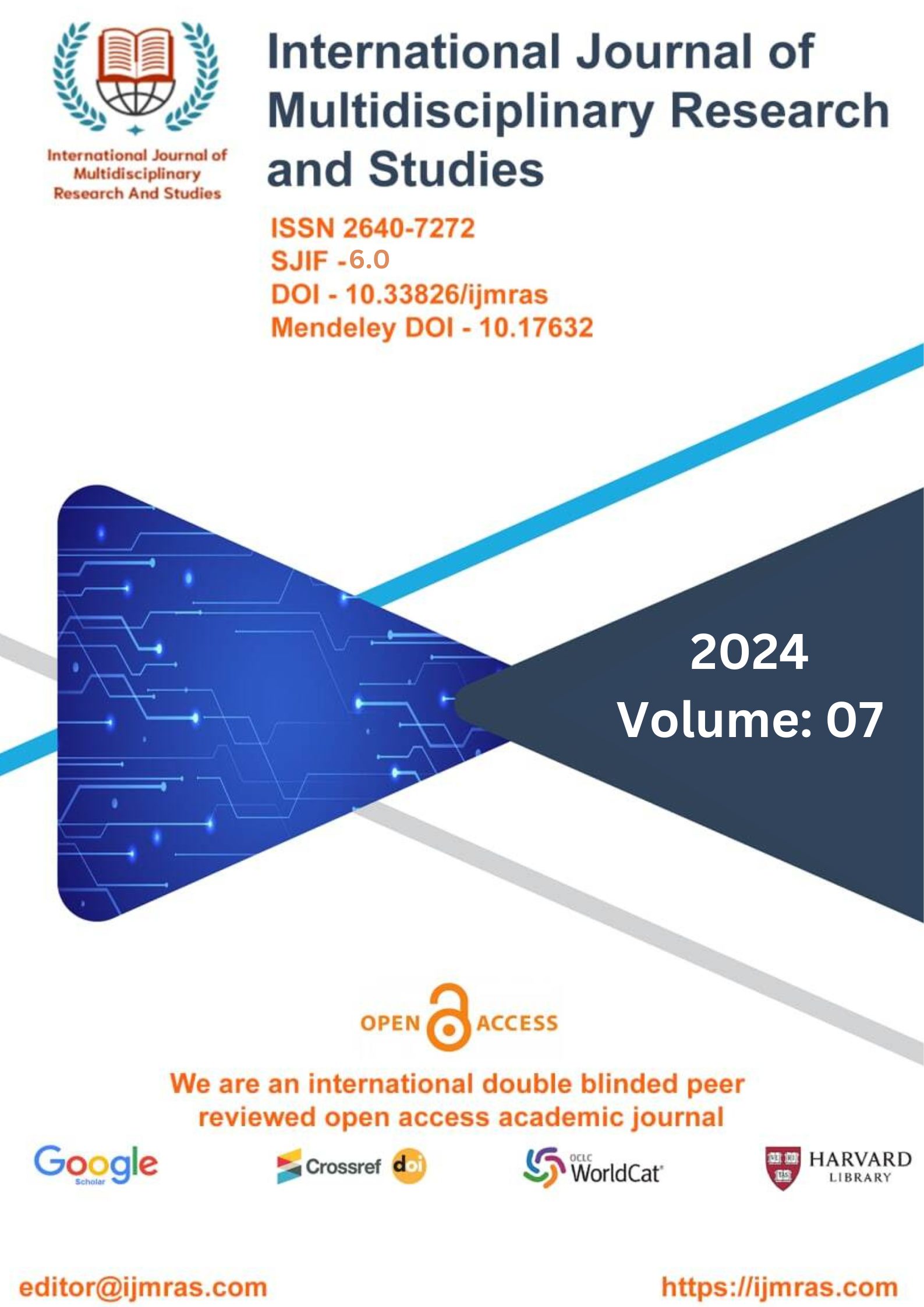


This "Connecting the LPP to the World Bank's "participatory approach" to development is another focus of this thesis. Project managers have stressed the significance of this tactic as a means to achieve success. Several reports have praised this portion of the proposal, saying it will help farmers become more invested in the venture and ultimately control it (S. Chen, Wang, and Wang 2004; Liu 2011; Liu and Hiller 2015). Concerns about China's autocratic, top-down government system may make some individuals wary of the idea of "participation" in an endeavour sponsored by the country. This is what one study found: "The LPP's 'participatory method' has its flaws (Dalton and Cai 2007:35-36). Particularly "Development of communities via participation and bolstering of institutions, both of which will come under fire, will be singled out for criticism (Hiller 2012: 72). But neither the project's achievement in terms of 'participation' nor the LPP's struggle with 'participation' will be the subject of significant investigation. There are clues to suggest that the western-led initiative's claims of engagement were at odds with what was actually happening on the ground in China. As I go more into this issue in my thesis, I hope to shed light on the reality of engagement in a Chinese local environment. Recognizing the complexity and dynamics of the concept of 'participation,' this study will not provide a definitive definition or claim about LPP 'participation,' but will instead keep an open mind to questions of problems and limitations and see if the concept can be implemented in China "because of the stringent rules enforced by the state government.

This work is licensed under a Creative Commons Attribution 4.0 International License.
You may also start an advanced similarity search for this article.